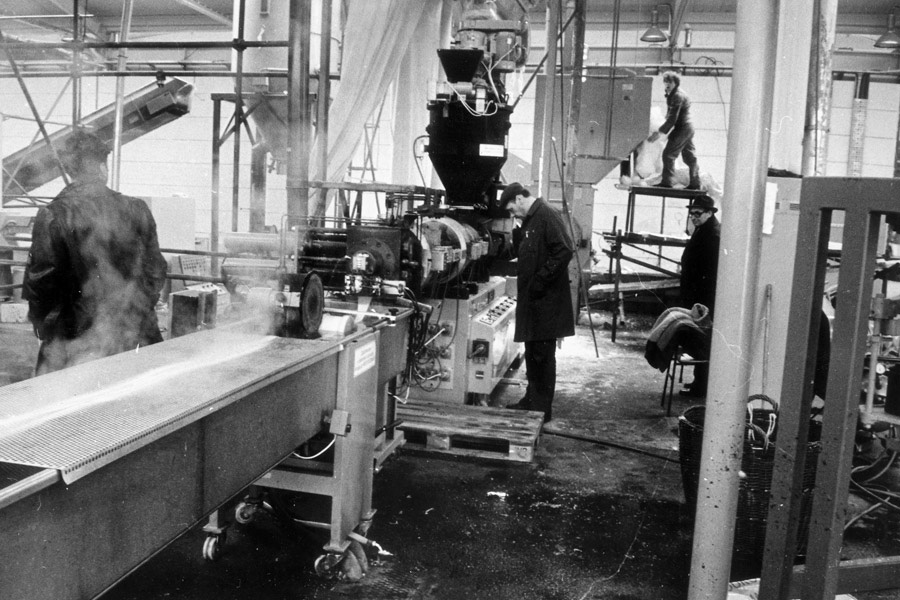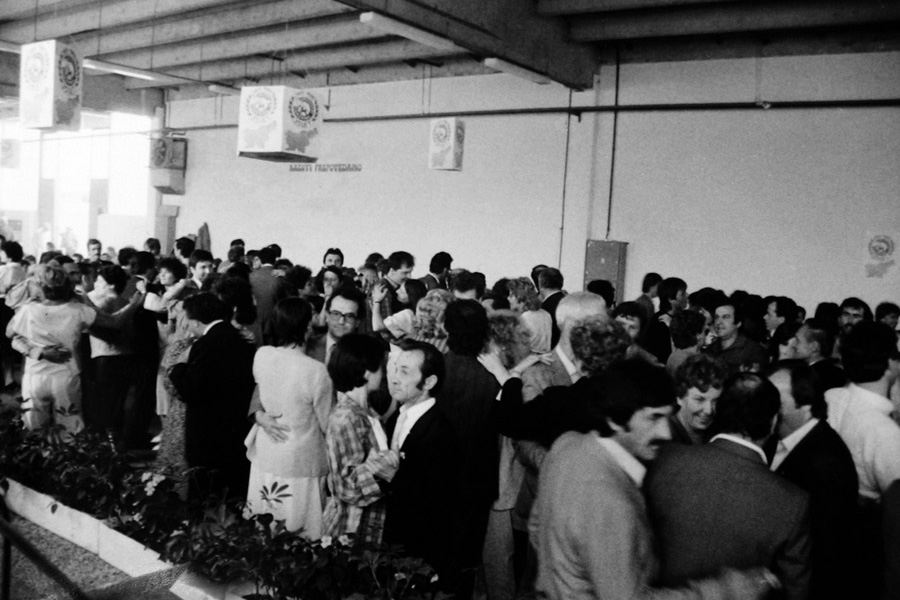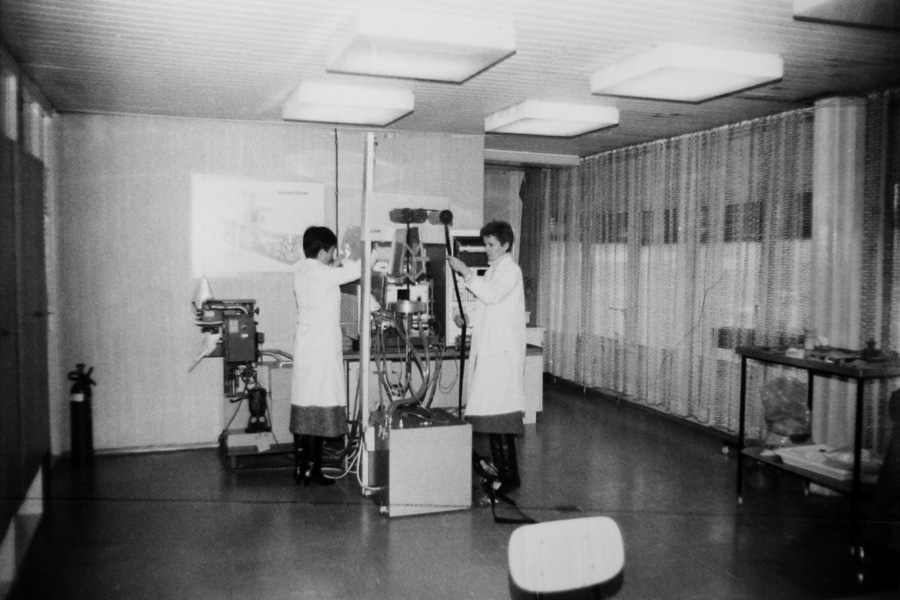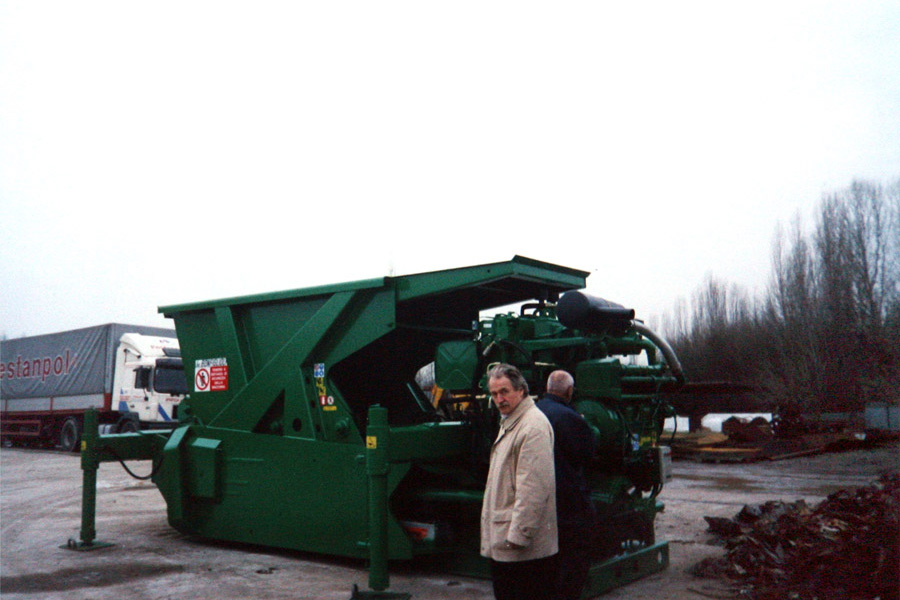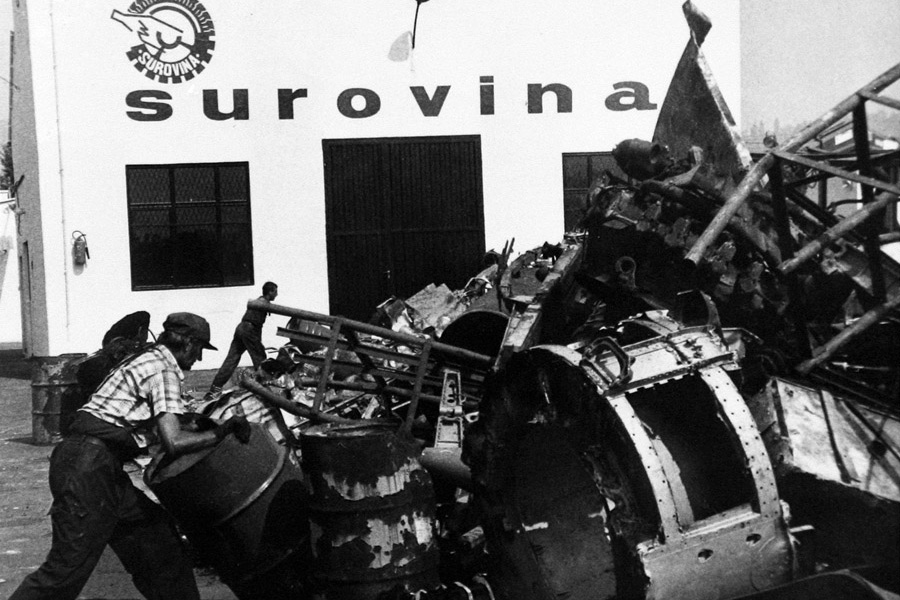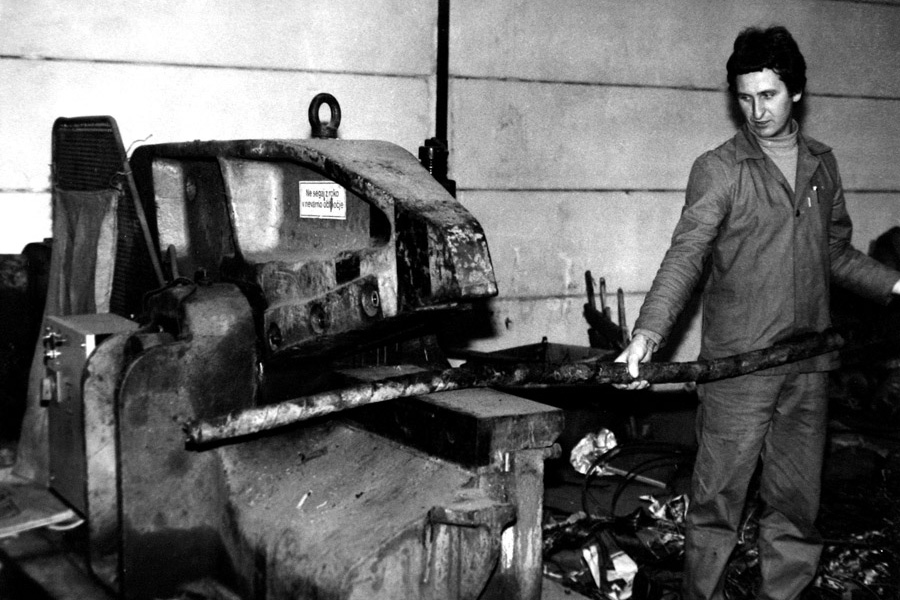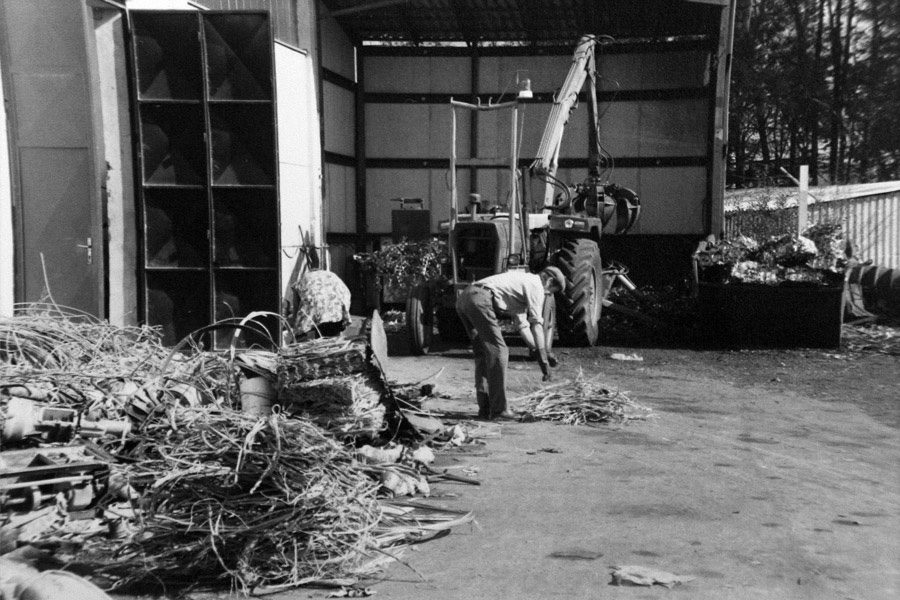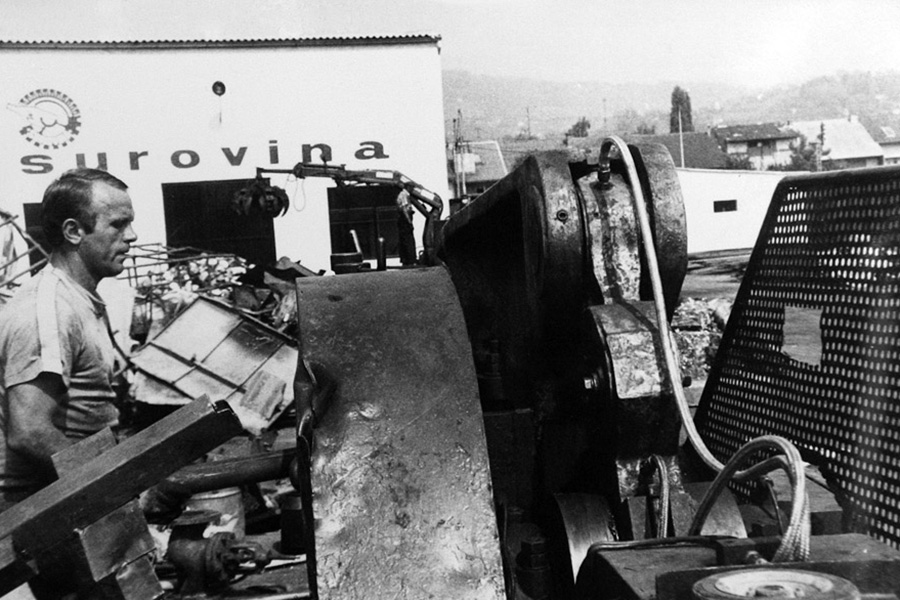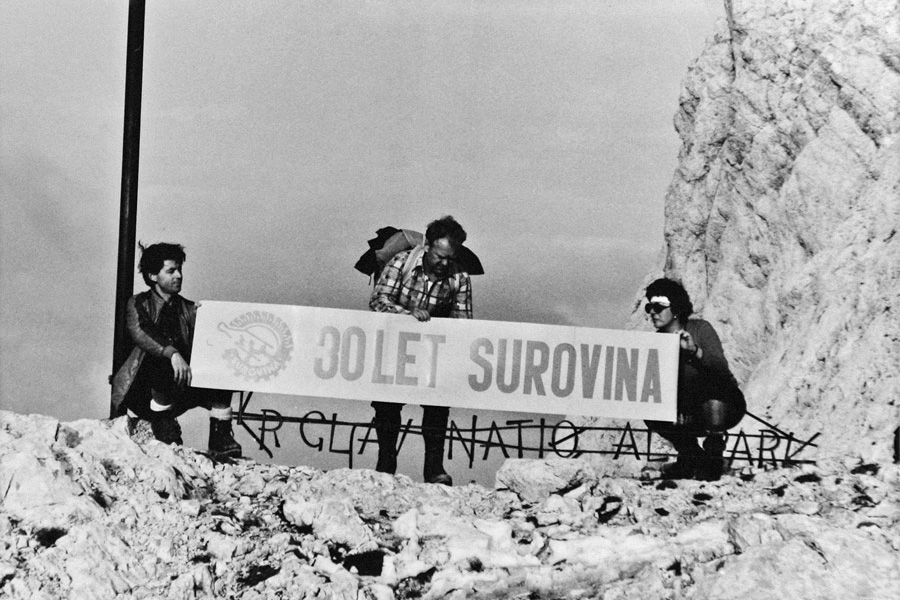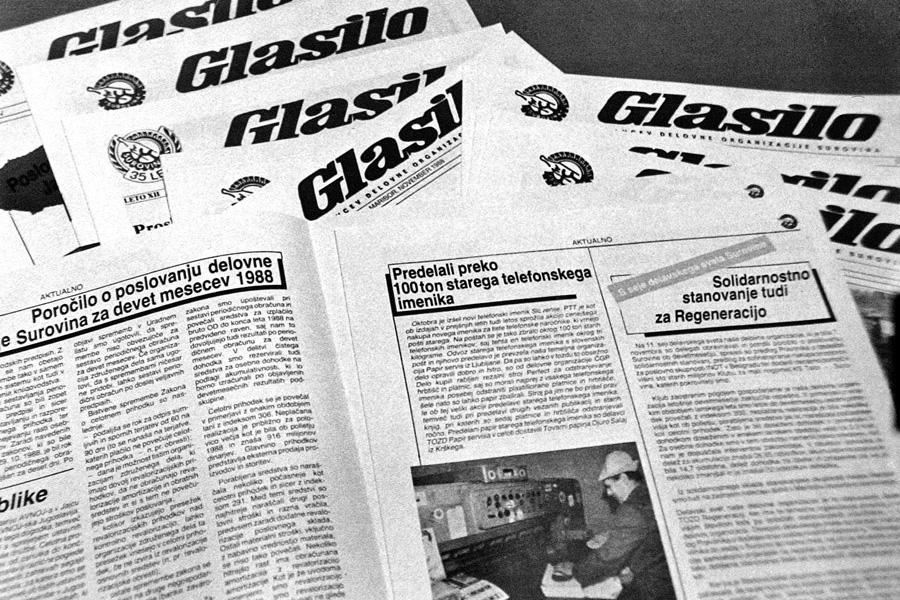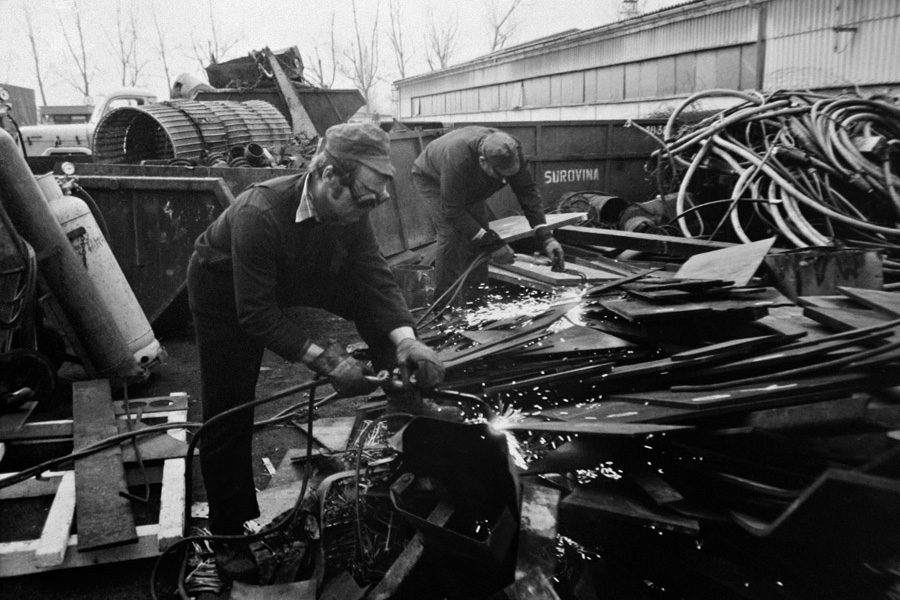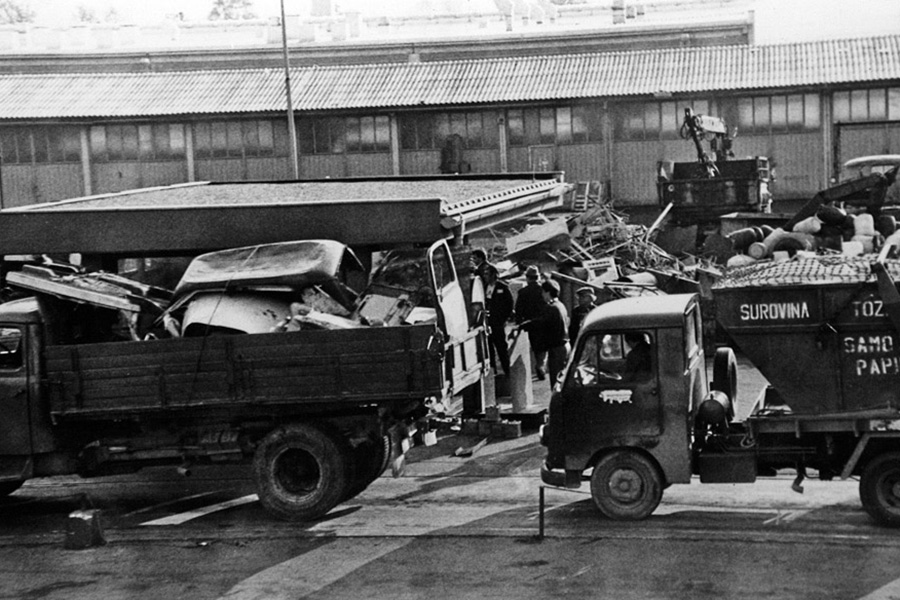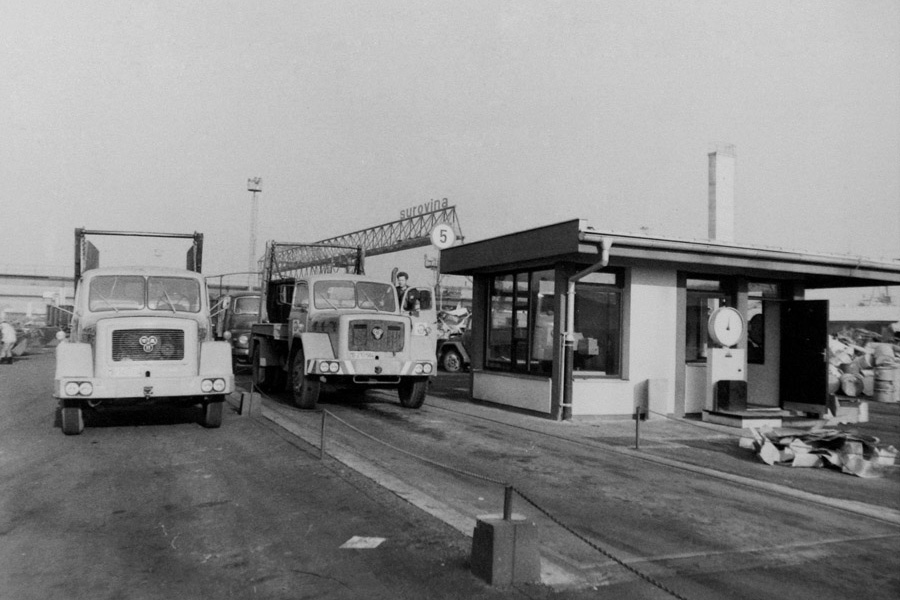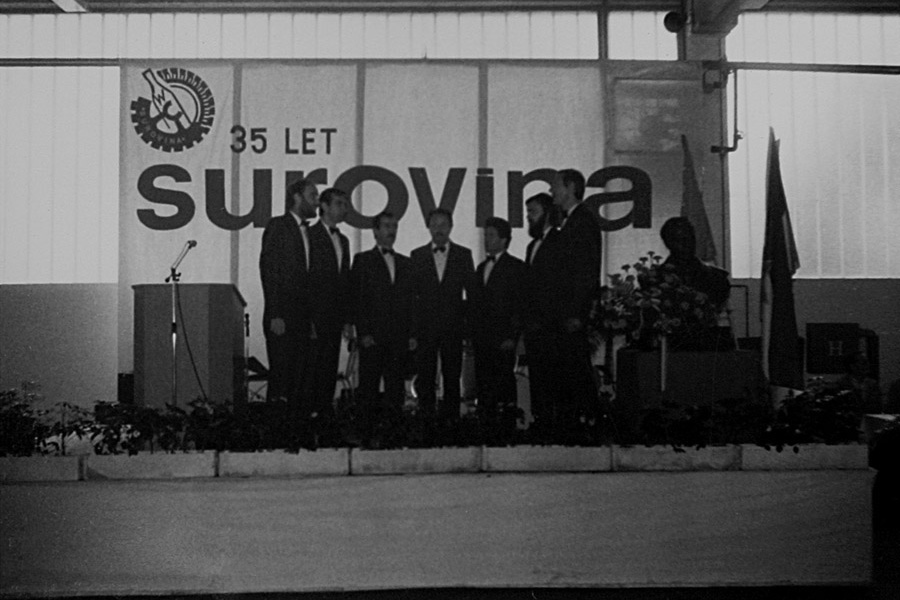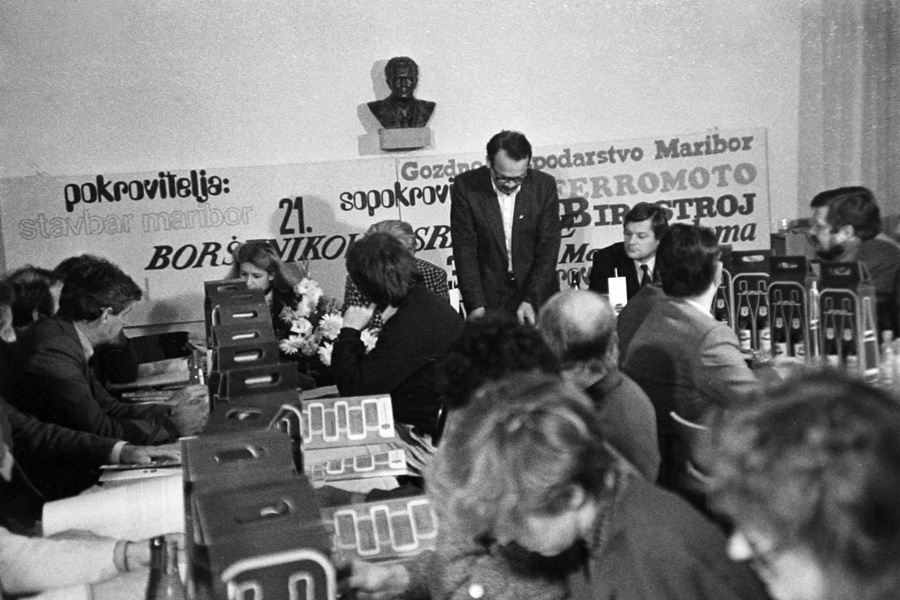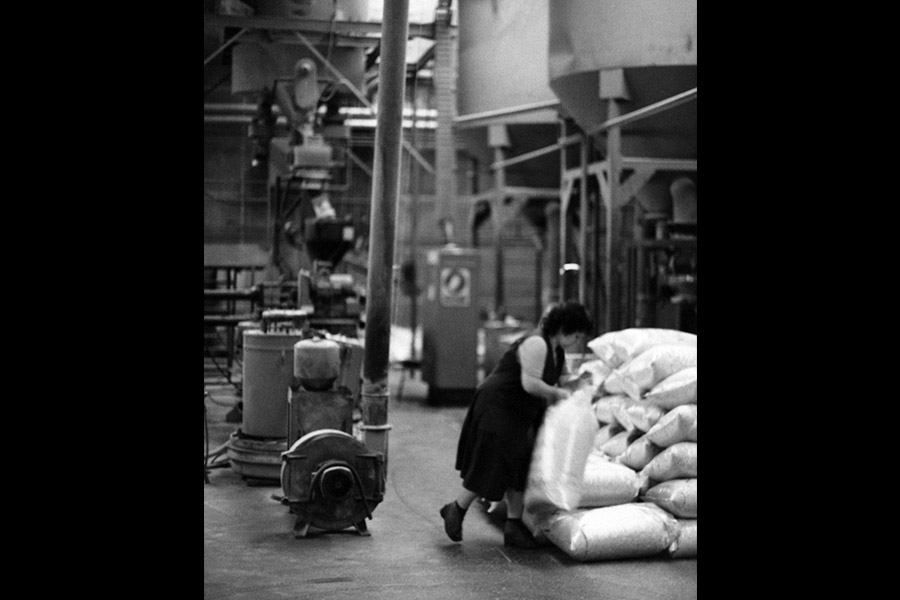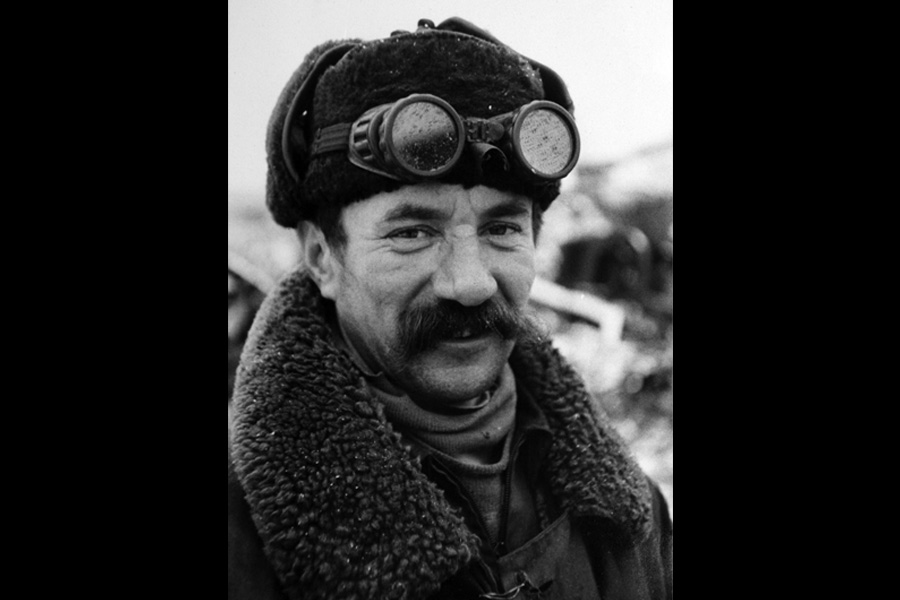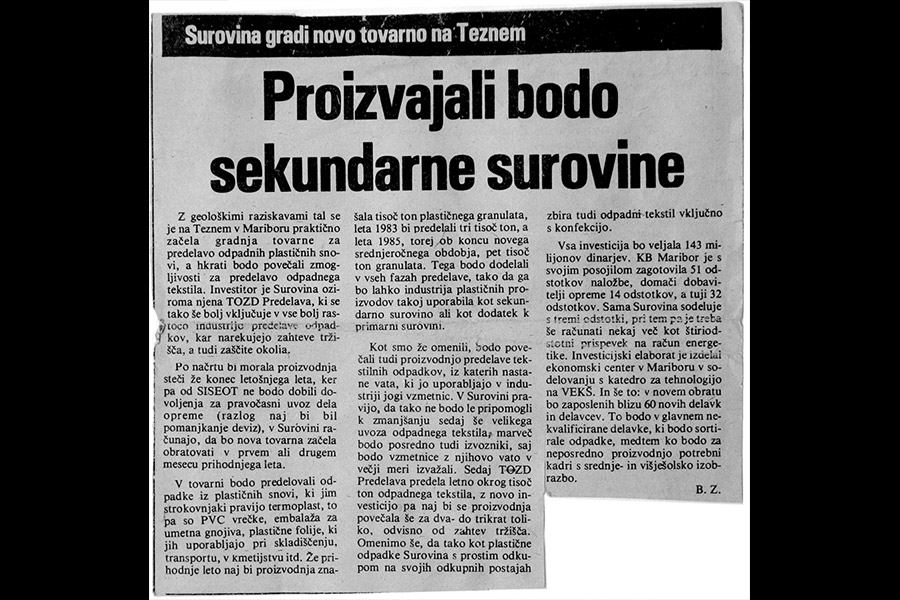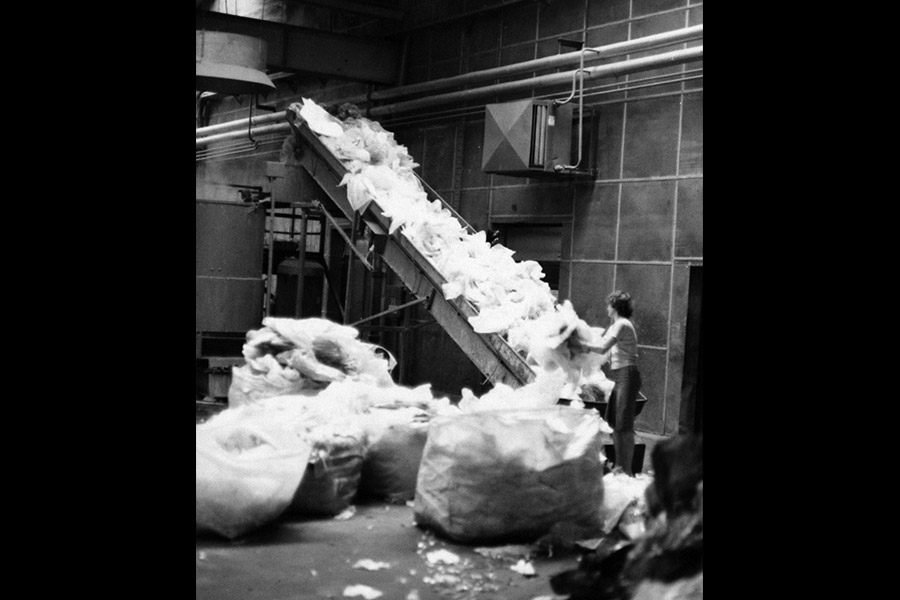
History
Surovina is a company with 69 years of history. Our age shows the resilience of the company and our readiness for the constant change and flexibility that is required in the struggle for survival in the changing situation. There were many ups and downs in the company's history. The fact that we had less downs than ups is thanks to everyone who has contributed to the successful development of Surovina.
Surovina through time
-
1950-1960
During the renovation of industry after the Second World War, collection of material waste was poorly organised. In 1951, the City People's Committee of Maribor thus established a working organisation SUROVINA whose main tasks were collection, processing and sale of useful waste. At first, the organisation was active at a local level and then expanded throughout Slovenia and Croatia.
-
1960-1970
In the 1970s, Surovina faced a major crisis. Due to previous poor business performance, the suppliers and buyers refused cooperation. As a result, the company did not have enough financial capital to invest in new equipment and modernisation of machinery. Nevertheless, the current management was able to modernise the fleet by doing smart business and investing in funds, thereby increasing the removal of material and profit. New purchasing stations were being established throughout Yugoslavia, and the activities also expanded to foreign markets, particularly Germany and Italy.
-
1970-1980
In the years between 1970 and 1980, much attention was being given to mechanisation and implementation of new technological procedures. The energy crisis and the growing scarcity of raw materials awakened economists and politicians who recognised the importance of wastes as reproductive materials in production processes. During those years, the first Waste Management Act was passed. The Gorenje Surovina company was developing rapidly, and in 1980, the Central Warehouse Maribor - the most modern facility for the recovery of steel waste in Yugoslavia - was built.
-
1980-1990
This period was marked by turbulence and a tight market situation, as well as various developments within the company. The widespread recession and pressures by the suppliers resulted in poor management within the company. However, a summary of the overall status of the time indicates that the company nevertheless had a favourable framework of assets and resources. After the independence of Slovenia, Surovina and the entire Slovenian industry had to face the consequences of losing a major part of the market and the changes of the old, discarded system.
-
1990-2000
In the difficult period after national independence, all the company's efforts were targeted at radical changes of productivity, economics and quality of work. On 4 March 1998, Surovina was registered as a public limited company. The difficult period of economic crisis, a decline in sales and reduced demand for raw materials was followed by economic growth in 2000, and with it came investments in transport, mechanical and technological equipment.
-
2000-2010
This was a period of great development with investments in new activities, including the recycling of hazardous wastes. Surovina became the domestic market leader in the collection and recovery of secondary raw materials. At the same time, sales to foreign markets increased. At the transition to recession in 2008, the company showed positive business results and even created its own packaging scheme during this period. In 2010, when the company comprised 15 business units and 6 purchasing units, Surovina was transformed into Gorenje Surovina and was recapitalised by its new owner Gorenje.
-
2010-2016
In 2011, the European debt crisis was in full swing, and with it came the volatility of raw material prices and the late-payment culture. During this time, Gorenje Surovina redefined its business processes and redesigned the information system, thereby increasing sales revenue despite the crisis. Investments were also made in new sorting plants for packaging and a new centre for the decommissioning of WEEE in Maribor, as well as in obtaining environmental permits. In 2013, a fire destroyed the entire unit for the recovery of WEEE, including all the equipment. Despite the difficult reconstruction and business interruption the company achieved good growth in 2014, and has strengthened its purchase and sales positions in the market.
-
2016-
Structural changes between programs continued in 2016, as the scope of business in non-metal programs was growing in the income structure. Gorenje Surovina received a silver award by the ŠGZ (Chamber of Commerce and Industry of Štajerska) for the innovation in Vacuum Drying of Sludge from Waste Water Treatment Plants - a project in cooperation with the University of Maribor that was completed at the end of 2015. In 2016, they also received the PRIZMA award for the Clean Joy campaign, as the best social responsibility campaign in 2015. In the field of social responsibility, successful regional campaigns for raising awareness about the importance of separate collection of WEEE – “No debate, bring old domestic appliances to Gorenje Surovina”. In April, the company celebrated their 65th anniversary of existence, which was celebrated by issuing a memorial publication.
In 2018, Gorenje Surovina collected, processed or forwarded 400,000 tons of waste for the first time in history. In that year Gorenje got a new owner – Hinsense corporation, therefore the selling process began once more for Surovina. In the final phase of negotiations, Gorenje chose Eko Surovina d.o.o., owned by Rastoder d.o.o., as the buyer. The sale was finalized in the first half of 2019, when the company was renamed back to Surovina d.o.o.

